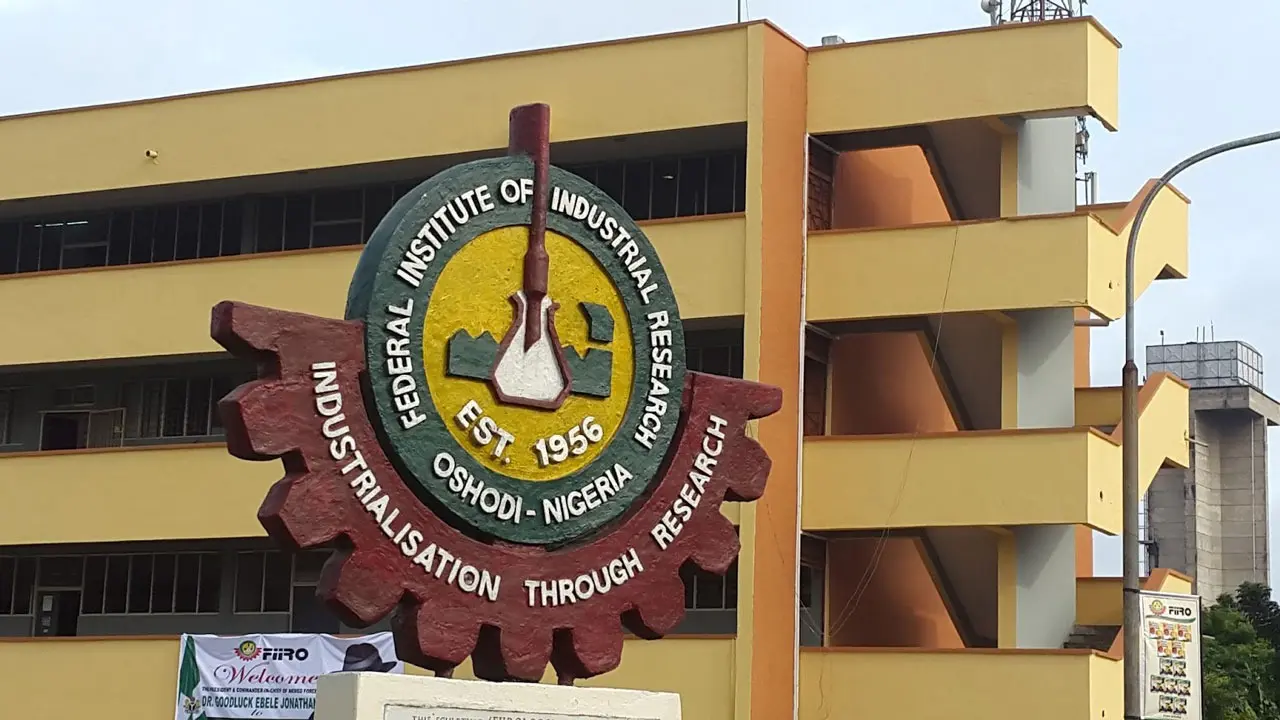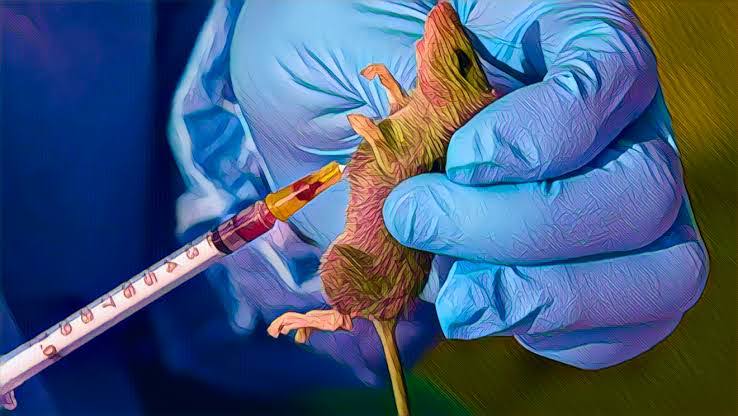The World Health Organization (WHO) Thursday declared that the Ebola outbreak in the Democratic Republic of the Congo (DRC), which surfaced in August 2018, is now an international emergency. The declaration raises the outbreak’s visibility and public health officials hope it will galvanize the international community to fight the spread of the frequently fatal disease.
“It is time for the world to take notice and redouble our effort,” said WHO Director-General Tedros Adhanom Ghebreyesus said in a statement. “We all owe it to [current] responders … to shoulder more of the burden.”
As of today, Ebola has infected more than 2500 people in the DRC during the new outbreak, killing more than 1650. By calling the current situation a Public Health Emergency of International Concern (PHEIC), WHO in Geneva, Switzerland, has placed it in a rare category that includes the 2009 flu pandemic, the Zika epidemic of 2016 and the 2-year Ebola epidemic that killed more than 11,000 people in West Africa before it ended in 2016.
A woman who died of Ebola in the Democratic Republic of Congo may have taken the deadly disease into Rwanda, according to a Ugandan Health Ministry report published by the World Health Organization on Thursday.
The woman, a fishmonger who vomited multiple times at a market in Uganda on July 11 before dying of Ebola in Democratic Republic of Congo, the WHO said on Wednesday. The case raised the risk of the disease spreading in Uganda.
“Upon leaving Uganda, she is suspected to have gone to Goma in DRC and later to Gisenyi in Rwanda with unknown business interests,” the latest report said. Rwanda has never had a recorded case of Ebola.
There is currently no vaccine licensed to protect people from Ebola virus.
An experimental vaccine called rVSV-ZEBOV was found to be highly protective against the virus in a trial conducted by the World Health Organization (WHO) and other international partners in Guinea in 2015. FDA licensure for the vaccine is expected in 2019.
TIPS
When living in or traveling to a region where Ebola virus is present, there are a number of ways to protect yourself and prevent the spread of EVD.
While in an area affected by Ebola, it is important to avoid the following:
- Contact with blood and body fluids (such as urine, feces, saliva, sweat, vomit, breast milk, semen, and vaginal fluids).
- Items that may have come in contact with an infected person’s blood or body fluids (such as clothes, bedding, needles, and medical equipment).
- Funeral or burial rituals that require handling the body of someone who died from EVD.
- Contact with bats and nonhuman primates or blood, fluids and raw meat prepared from these animals (bushmeat) or meat from an unknown source.
- Contact with semen from a man who had EVD until you know the virus is gone from the semen.
These same prevention methods apply when living in or traveling to an area affected by an Ebola outbreak. After returning from an area affected by Ebola, monitor your health for 21 days and seek medical care immediately if you develop symptoms of EVD.
























Leave a comment